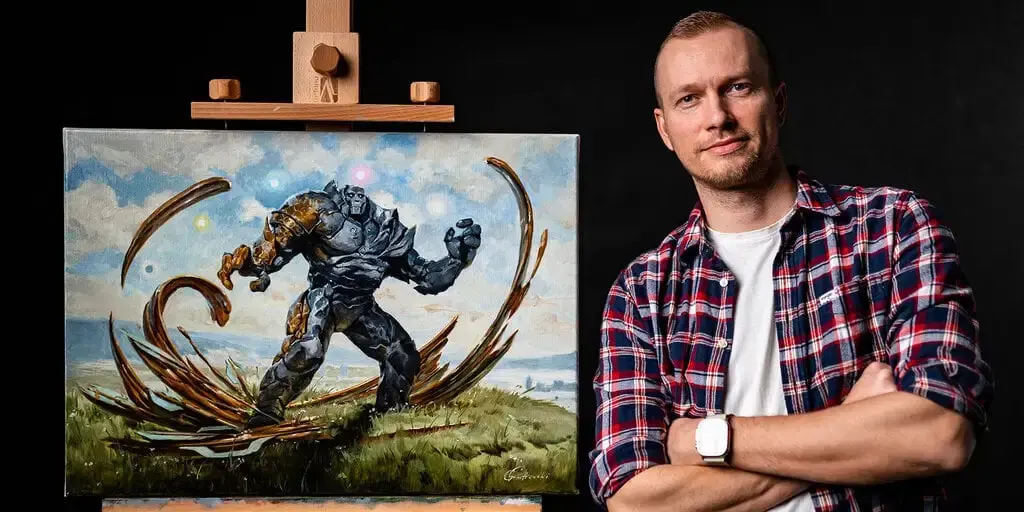Greg Rutkowski, a digital artist known for his surreal style, opposes AI art but his name and style have been frequently used by AI art generators without his consent. In response, Stable Diffusion removed his work from their dataset in version 2.0. However, the community has now created a tool to emulate Rutkowski’s style against his wishes using a LoRA model. While some argue this is unethical, others justify it since Rutkowski’s art has already been widely used in Stable Diffusion 1.5. The debate highlights the blurry line between innovation and infringement in the emerging field of AI art.



No.
That’s your opinion. The contrary opinion would be that copyright infringement is the theft of intellectual property, which many people view as of equal substantiality to physical property.
You can disagree with the concept of intellectual property but clearly there’s an alternative to your point of view that you can’t just dismiss by declaration.
Take your opinion to a court of law and see how far it gets. They actually pay close attention to what words mean there. If copyright violation was theft why do they have two different sets of laws to deal with them?
I’m sure you’re aware that the manner in which legal bureaucracies define terms is a form of jargon that differentiates legal language from actual language.
They have separate categories of laws to deal with them because physical property is different than intellectual property. The same reason they use a different category of law to deal with identity theft.